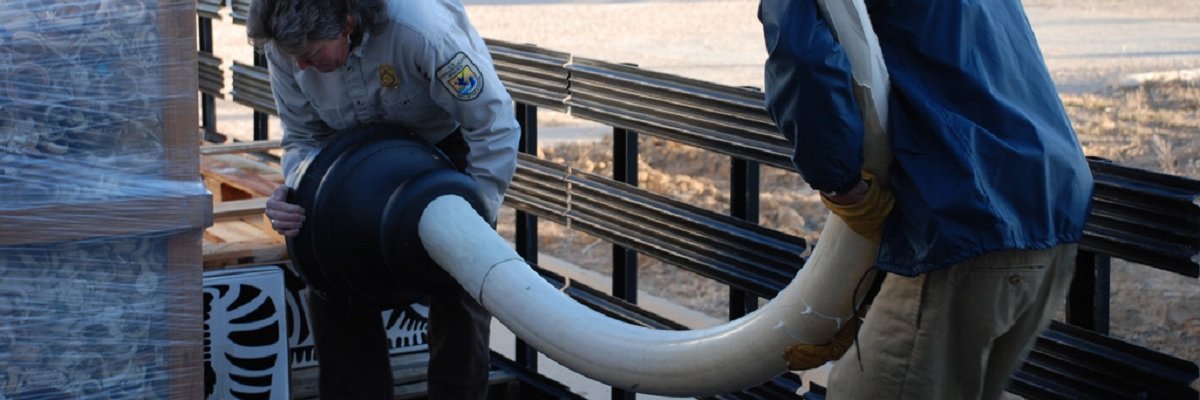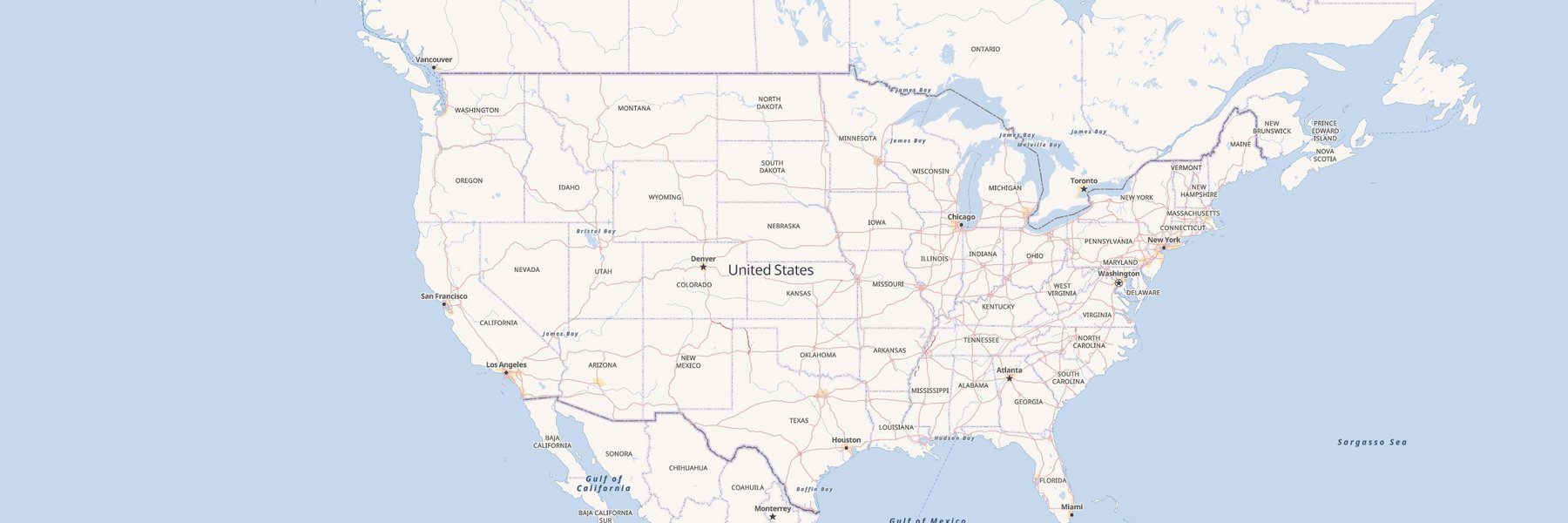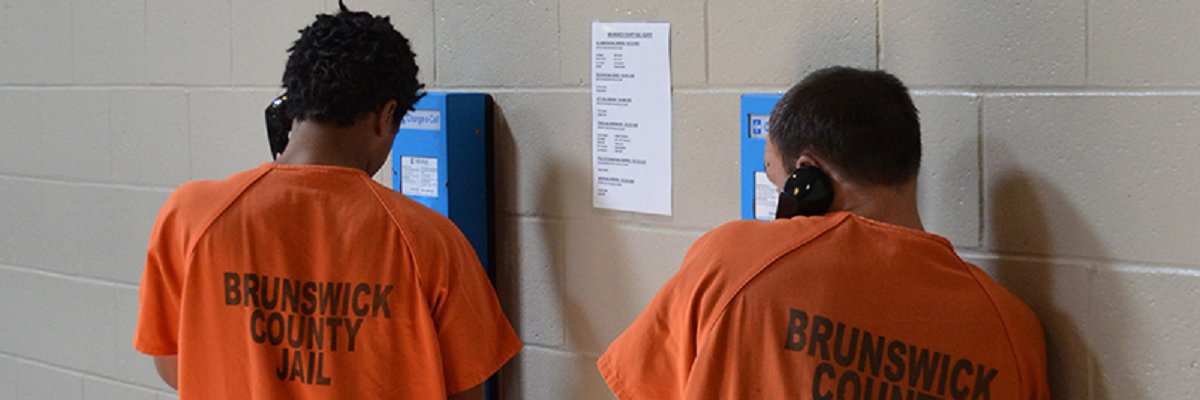A warthog tooth, an ivory crucifix, violin bows and an elephant skull – New England may not be the world’s hub for black market ivory, but the federal Fish and Wildlife Service agents who watch the region’s borders certainly turn up some interesting pieces.
MuckRock has previously reported on a small cache of FWS reports on illegal ivory seizures in New England, but a broader request that led to the disclosure of reports on all 52 ivory seizures since 2005 offers more insight into the origins of the eclectic contraband and the people who buy it.
All 52 ivory seizure reports from the New England region of the federal Fish and Wildlife Service, mapped by point of origin.
Most of the ivory entering New England comes from Nigeria, according to the reports. Ivory from the West African country accounted for 14 of the 52 seizures – Canada followed with eight, then South Africa with four.
Many of those entering the country from Nigeria told FWS agents that the ivory had been bestowed on them as a sign of gratitude or honor.
“The subject said that [redacted] had acquired the item on this trip in Nigeria, as a gift from [redacted] people, for the work [redacted] had done with the blind,” one report from September 2005 reads.
Three separate passengers from Nigeria said they were given carved elephant tusks when they became chieftains of a tribe.

Other ivory importers appeared to have less altruistic intentions.
In March 2010, a Customs and Border Patrol officer inspecting a shipment of crates from the Democratic Republic of the Congo found that several wooden statues had been hollowed out to conceal carved elephant ivory.
And occasionally it appears that FWS agents become the instruments of revenge in marital disputes.
One unlucky New Hampshire resident with a fondness for ivory carvings got a visit from inspectors in 2011 after his or her spouse called FWS. The couple was in the midst of a divorce at the time, according to the report.
Although most of the reports document fairly mundane infractions – tourists who didn’t know that importing ivory was illegal dominate the list – there were several other seizures of note:
-
A New Hampshire gun manufacturer imported six elephant ivory beads from Kenya to be used on ornamental shotguns.
-
A former Nigerian government employee told FWS agents that he had previously brought his carved elephant tusk into the United States without any problems.
-
A Chinese national told agents he had paid $4,800 for an “antique” carved statue purportedly from the Ming Dyansty. After speaking with the auction house where he bought it, FWS agents determined that it was probably not so antique after all.
You can read all 52 reports here, and the previous cache of 10 reports here.
Image via Flickr




